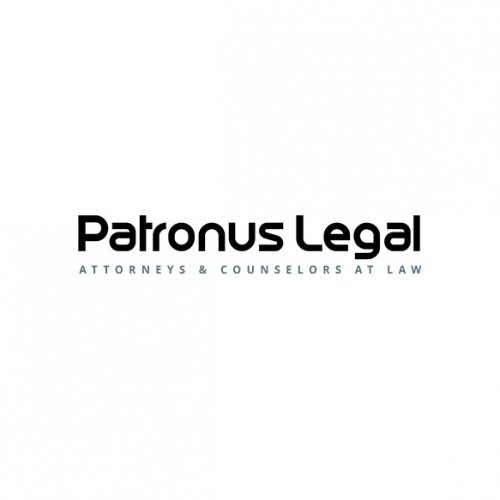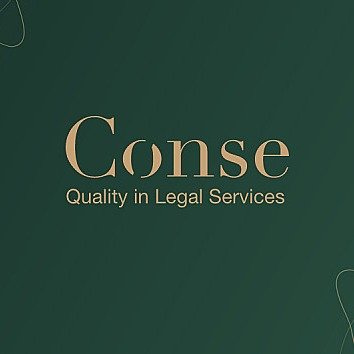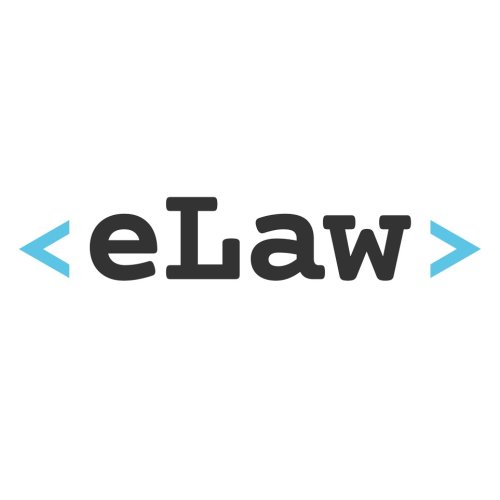Best Hiring & Firing Lawyers in Tbilisi
Share your needs with us, get contacted by law firms.
Free. Takes 2 min.
List of the best lawyers in Tbilisi, Georgia
About Hiring & Firing Law in Tbilisi, Georgia
In Tbilisi, Georgia, Hiring & Firing law regulates the process of hiring and terminating employees. These laws protect the rights of both employers and employees and ensure fair treatment throughout the employment relationship. It is important for both parties to understand their rights and obligations to avoid legal disputes.
Why You May Need a Lawyer
There are several situations where seeking legal help in Hiring & Firing is advisable:
- If you are an employer and want to create employment contracts that comply with local laws.
- If you are an employee and believe your termination was unfair or unlawful.
- If you need guidance on how to handle disciplinary actions or handling grievances in the workplace.
- If you have questions about wage and hour laws or workplace discrimination.
- If you are facing a legal dispute related to Hiring & Firing.
Local Laws Overview
Here is a summary of key aspects of local laws relevant to Hiring & Firing in Tbilisi, Georgia:
- Tbilisi follows the Labor Code of Georgia, which governs the employer-employee relationship.
- All employment contracts must be in writing and include essential terms such as duration, wages, and working hours.
- An employee's probationary period cannot exceed 6 months.
- Dismissal can be based on valid grounds such as poor performance, misconduct, or redundancy.
- Both employers and employees must provide notice before termination, depending on the length of employment.
Frequently Asked Questions
1. Can an employer terminate an employee without any reason?
No, an employer cannot terminate an employee without a valid reason. Termination must be based on valid grounds such as poor performance, misconduct, redundancy, or other justifiable causes.
2. How much notice is required for termination?
The notice period for termination depends on the length of employment. Generally, employees with less than 3 months of service require 1 week's notice, while those with more than 3 months but less than 2 years require 1 month's notice.
3. What are the rights of an employee upon termination?
Upon termination, an employee is entitled to receive any outstanding wages, accrued vacation leave, compensation for unused sick leave, and severance pay as applicable. It is important to consult the employment contract and local laws for specific entitlements.
4. Can an employee appeal their termination?
Yes, an employee can appeal their termination if they believe it was unfair or unlawful. The appeal process may involve filing a complaint with the relevant labor authorities or seeking legal assistance.
5. Can an employer change the terms of an employment contract?
An employer cannot unilaterally change the essential terms of an employment contract without the agreement of the employee. Any changes to the contract must be mutually agreed upon and put into writing.
Additional Resources
For further information and assistance in Hiring & Firing matters, you may find the following resources helpful:
- Ministry of Labor, Health and Social Affairs: www.mlh.gov.ge
- National Social Service Agency: www.nssa.gov.ge
- Georgia Bar Association: www.gba.ge
Next Steps
If you require legal assistance in Hiring & Firing matters, it is recommended to:
- Identify the specific issue or concern you have and gather relevant documents.
- Research and consult reputable law firms or lawyers experienced in employment law.
- Schedule a consultation to discuss your case and receive professional advice.
- Work closely with your lawyer to understand your rights and options.
- Follow the guidance provided by your lawyer to navigate the legal process effectively.
Lawzana helps you find the best lawyers and law firms in Tbilisi through a curated and pre-screened list of qualified legal professionals. Our platform offers rankings and detailed profiles of attorneys and law firms, allowing you to compare based on practice areas, including Hiring & Firing, experience, and client feedback.
Each profile includes a description of the firm's areas of practice, client reviews, team members and partners, year of establishment, spoken languages, office locations, contact information, social media presence, and any published articles or resources. Most firms on our platform speak English and are experienced in both local and international legal matters.
Get a quote from top-rated law firms in Tbilisi, Georgia — quickly, securely, and without unnecessary hassle.
Disclaimer:
The information provided on this page is for general informational purposes only and does not constitute legal advice. While we strive to ensure the accuracy and relevance of the content, legal information may change over time, and interpretations of the law can vary. You should always consult with a qualified legal professional for advice specific to your situation.
We disclaim all liability for actions taken or not taken based on the content of this page. If you believe any information is incorrect or outdated, please contact us, and we will review and update it where appropriate.















